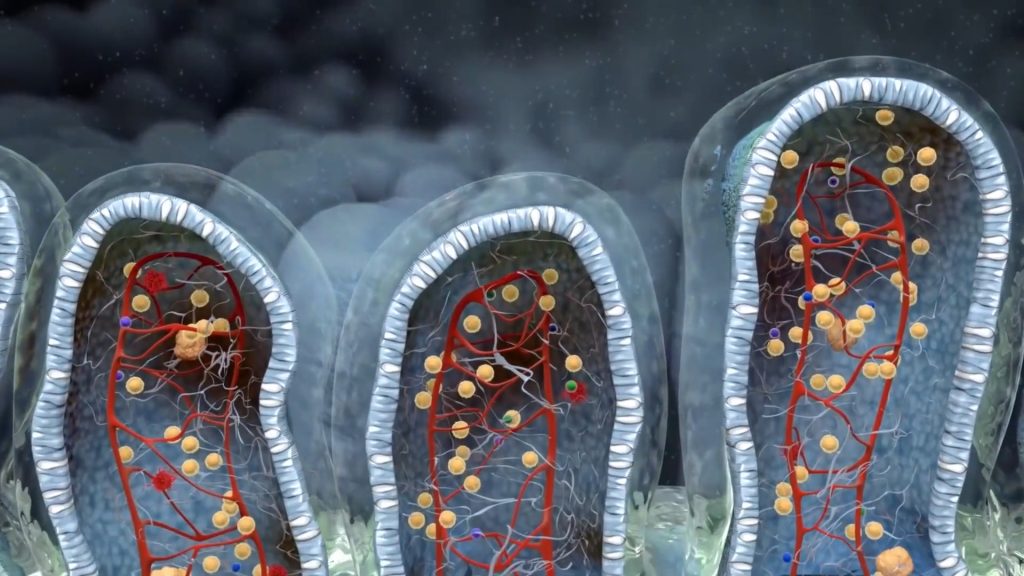Shane Hemphill, MD

Part II – Low SIgA And How Do We Treat
So your functional medicine provider ordered a Comprehensive Stool Analysis and your SIgA levels are found to be low. What is your next step? The answer is going to vary from person to person, but the ultimate answer is in finding the root cause.
This may include evaluating for and removing a food sensitivity, mold sensitivity, or infection that has over time depleted the immune response.
Once we have eradicated our offending agent we need to look at ways to improve our SIgA levels.
As a general rule the first step is to use an anti-inflammatory diet such as a Mediterranean diet. This is rich in fruits, vegetables, nuts, legumes, olive oil, and fish and low in red meat and saturated fats. One can also eliminate fried foods, processed foods, sugary snacks and soda.
More specific treatments Include:
A diet rich in Polyphenols such as cacao, green tea, and grapeseed extract which have shown to increase SIgA levels.
Saccharomyces Boulardii – This probiotic yeast has been shown to raise SIgA levels while also being very effective against Clostridium Difficile and Candida Overgrowth.
Colostrum – an Immunoglobulin secreted in the early stages of breast-feeding. This has shown to stimulate SIgA levels.
Beta Glucans – This is a type of soluble fiber found naturally in a variety of food sources including oats, barley, rye, rice and mushrooms like Reishi and Shiitaki.
Bone Broth – This is made by simmering the bones and the connective tissue of animals. This forms a stock for making soups, sauces and gravies. Depending on which part you use it contains vitamins, minerals as well as collagen and other amino acids that increase SIgA levels.
Fat Soluble Vitamins – Vitamin A is needed for the transport of SIgA over the mucosal lining. It is suggested that Vitamin A is also involved in the synthesis of other immunoglobulins and has an important influence on our humoral immune system.
Stress Management – Last but not least, Cortisol is the main stress hormone that can decrease SIgA levels. We need to look over your current stressors or perceived levels of stress and then work to reduce them. This can be done through aerobic exercise, yoga, breathing techniques, meditation as well face to face conversations with your friends, family or therapist.
Our functional medicine physicians can help you understand the root cause of low SIgA and design a treatment plan specifically for you, please call our office at 919-999-0831 to get scheduled.
Your Partner in Health!
Shane Hemphill, MD









